Aloha cherished Friends & Guests,
Breast cancer can turn life upside down and make life a rollercoaster physically, mentally, and emotionally. This topic is close to my heart after losing loved ones to cancer and fighting breast cancer myself. I hope this blog helps promote proactive prevention as many people do not think about cancer until it is too late.
In recent years, vast improvements in treatment save many more lives through new information and evolving ideas. However, too many are still affected by this disease which is why treatment and prevention must continue to improve. I am fortunate to survive my fight with breast cancer, but I have friends and family who fought until the very end. I hope their memory helps us all become more proactive in prevention against this disease.
If you could learn your risk of breast cancer and prevent it, would you? I hope ‘Yes’ is the resounding answer, however, everyone is given their choice. It is scary waiting for the potentially devastating results as life could change dramatically. These results can bring difficult questions to ask and decisions to make. Early prevention can help you avoid these questions and decisions that will affect you and your family.
The Mayo Clinic offers several articles on breast cancer prevention I would recommend researching. Always remember to make the best decision for you and give yourself time to make an informed decision avoiding any hasty choices. One such article breaks down who is considered high risk and preventive (prophylactic) mastectomy is recommended if one or more of the following apply:
Previous cancer detection in one breast
Family history of breast cancer
Positive results of gene testing (e.g. BRCA1 and BRCA2)
Breast changes causing increase risk of cancer (e.g. tissue density, lumps, etc.)
Radiation therapy
While considering surgical options, research how much each type of surgery reduces the chance of breast cancer in the future. These numbers speak volumes and can help gauge your cancer risk. Remember it is nearly impossible to remove all breast tissue since it is found in areas around the chest, armpit, collarbone, and abdominal wall (with slim chances of breast cancer development in these areas). Studies show women who test positive with BRCA1 and BRCA2 mutations and undergo a preventative (prophylactic) mastectomy reduce their chances of developing breast cancer up to 90%. This surgery can reduce an even higher chance among women who have had breast cancer or family history of breast cancer!
Any surgery involves typical risks such as pain, bleeding, and infection. However, anxiety, disappointment, and depression are emotions many women underestimate while considering a mastectomy. I felt these emotions as a 31-year-old when deciding to reduce my natural size by ½ as it took part of my identity away. Every experience is different, and everyone has different ways of coping with these changes.
It has been two years since my mastectomy and it has taken time to heal physically, mentally, and emotionally. I needed to stop looking at myself as defective and unattractive while finding my confidence again and appreciate my ‘new look’ that saved my life. Every six months I must check my blood levels, so I do not need to spend my life questioning ‘What If’ scenarios. Despite these challenges of a mastectomy and follow-ups, I believe my cancer would be back if I decided not to have a mastectomy or be proactive with my health.
While a preventative mastectomy minimizes your chances of breast cancer the best, other options exist as preventative measures. These options include medications, breast cancer screenings, ovary removal surgeries, healthy lifestyles, and diligent doctor visits for testing semi-annually. Always consult your health care provider for the best options available for you.
I am excited to introduce two amazing women in Part 2 of this blog post. Both chose to have selective mastectomy surgeries to take control of their health for themselves and for those they love. Make sure to read their touching journey as they navigated through this difficult process.
Keep Smiling,
Melissa
Contact us at (801) 796-7667 or info@danpursermd.com for help. Check back often for the newest updates!



